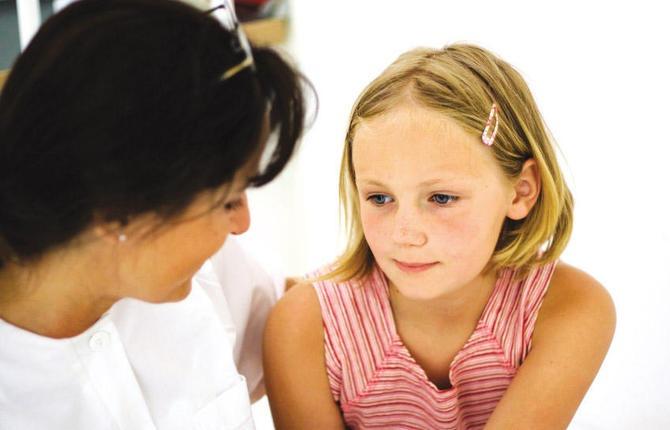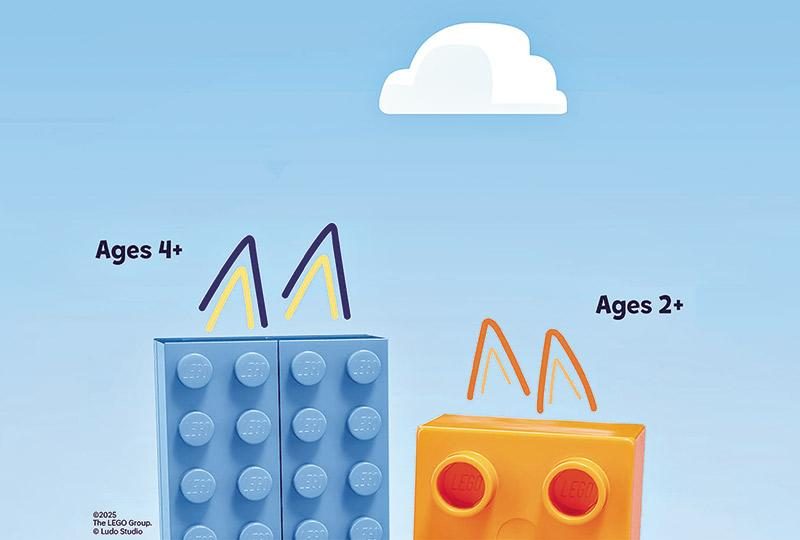
Connecting with kids
Dear Dr. Karyn,
Question: Now that school is around the corner, I’m getting nervous again about how to connect with my 12 year old daughter. The summer went well but I get anxious about how to keep our relationship strong during this next phase. I’ve appreciated all your tips in the past and I’m wondering if you could share some more practical ways that moms and daughters (and all parents and children for that matter) communicate better.
Answer: I think because life moves so quickly many parents appreciate practical and quick tips. Here are a few small ways for you to keep the dialogue open with your daughter. Some may seem obvious – so really stop and ask yourself are you acting on these tips or do you just “know them”. If you’re not sure, ask your daughter what she thinks – she’s likely to give you a very honest answer!
Be Open to Feedback
Though teens will often tell parents what they’d like them to change, many parents are too busy or not emotionally prepared to really pick up these signs. The only way we improve is if we are open to feedback. The problem is, if our egos are too fragile or we suffer from low self-esteem, we tend to take things too personally and find it difficult to hear criticism. My encouragement is that relationships only improve if we are able to acknowledge what we are doing well and what areas need some work. So try to swallow your pride and genuinely listen for how you can improve.
Use The Right Language
To communicate effectively requires us to know the right language. If you start a sentence with the word ‘you’ – you are wrong, you are to blame or perhaps something as subtle as you seem angry – chances are your teen is going to build a thick and high wall. Most of us have probably heard this but few of us actually use it: the key to effective communication is to use the word ‘I’ – I think, I feel, I need, I appreciate. Speak for yourself and remember to never tell someone else how they think or feel. If you do, you’re more than likely going to be tuned out by the person you are speaking to.
Respect Yourself
One of the most interesting aspects of relationships is the idea of respect. We often talk about respecting others which is very important. But it is equally important to respect ourselves. If our kids see us allowing others to disrespect us or even see us disrespecting ourselves, the lesson they will learn is, “I guess it’s okay for me to disrespect my mom or dad since they allow others to.” Obviously, this is a very dangerous lesson. When children don’t respect their parents, they don’t talk to them. Why would a person open up to someone they don’t value and respect? So remember, teach your children that you respect yourself!
Take Ownership
Imagine this: your teen gets the courage to point out to you something you could improve on. Instead of taking their point seriously, you respond poorly and become defensive. This is one of the most frustrating moments for many teens. Taking ownership of our own shortcomings requires a healthy self-esteem and self-awareness. It requires us to be able to look at our situation and ask ourselves, “What is my contribution to this problem and what is my responsibility?” As long as we consider conflict to be only someone else’s fault, we will never move forward. So regardless of whether you think you are only 5 per cent to blame or 95 per cent to blame, take a good look at yourself and start taking ownership of what is yours.
wear a Smile
It may seem like such a small task but many of us do not smile nearly enough with our children. When parents frown, rarely laugh, rarely smile or seem to have just a perpetually blank look on their face, it strongly communicates, “Don’t come near me, I’m not approachable.” Researchers have told us that one of the most powerful non-verbal cues we can send is a smile. So start by just smiling to your kids when they come home from school, when you pick them up at their friend’s house or when you see them doing their homework. It’s a subtle cue that lets them know you care!
• Read more tips in Dr. Karyn’s new book called Dr. Karyn’s Guide the Teen Years available everywhere where books are sold Dr. Karyn will be on a speaking tour for parents in May – visit her website at www.drkaryn.com for details.







